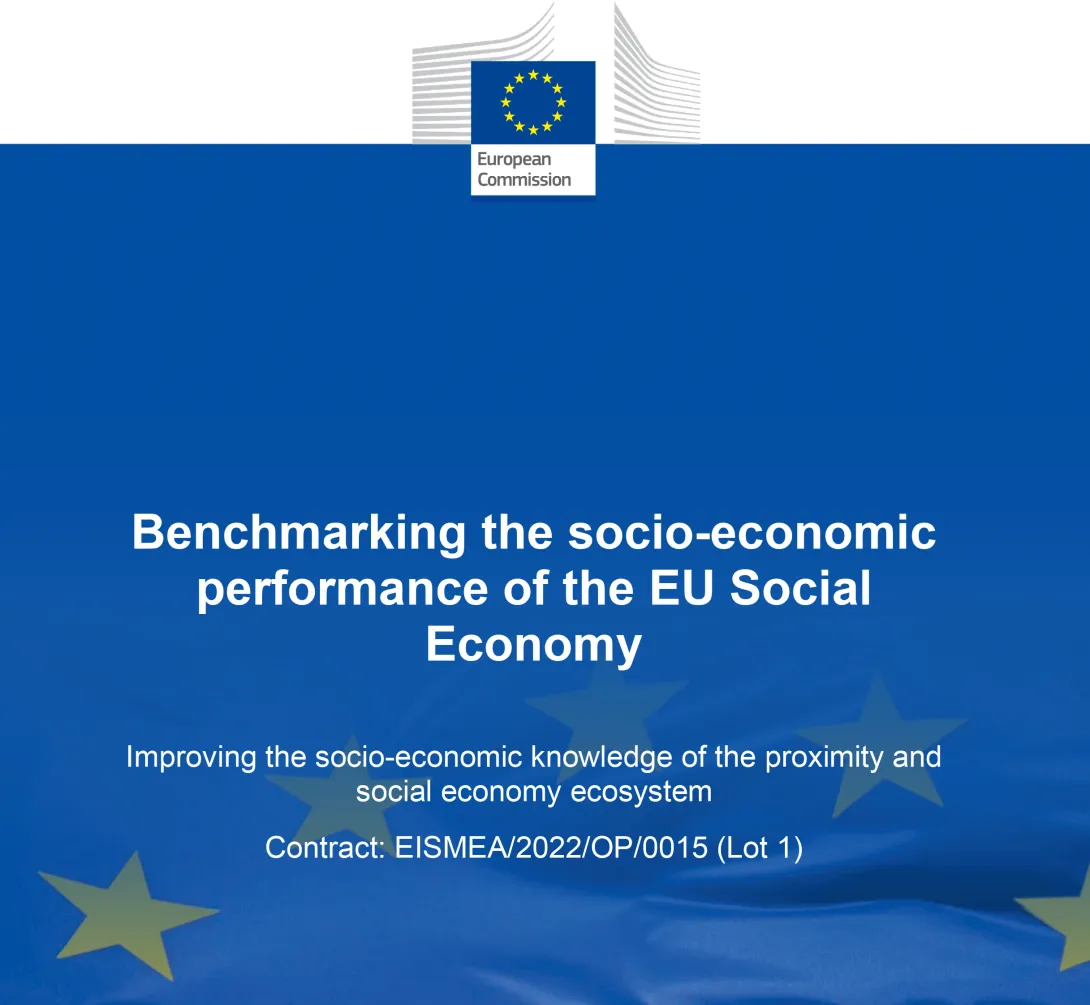
The impact of the social economy on the European Union
The social economy has become an essential pillar for sustainable development in the European Union. With over 4-3 million entities and a work force that exceeds 11.5 million people, it represents 6.3% of the total employment in the region. Cooperatives, mutual societies, associations and foundations make up this ecosystem that not only generates wealth, but it also strengthens the social cohesion and the generation of stable, quality employment
The financial impact of the social economy is undeniable. According to the report Benchmarking the Socio-Economic Performance of the EU social Economy, recently published by the European Commission, the invoicing by the sector reached 912,900 million euros, with France, Italy, Spain and Finland leading its development. Its contribution is not limited to the economic activity, but it has also been shown to be a key element in moments of crisis. During the COVID-19 pandemic, these entities played an essential role in the provision of essential services and support to vulnerable groups, a fact that reaffirms their capacity of adaptation and commitment to social well-being.
Amongst the findings made by the study, the fact that healthcare is one of the sectors of the social economy that has taken on greater relevance. Over 3.3 million people work in health and social care entities linked to this model, with Spain, France, Germany and Portugal as references in its implementation. Healthcare cooperatives, mutual societies and foundations are essential in the management of hospitals and health centres, offering accessible, quality services. They have also promoted innovation in patient-orientated care models, preventive care and the use of emerging technologies to improve the efficiency of the healthcare system.
The report also underscores the need to improve the visibility and recognition of the social economy within the European Union. Amongst the main recommendations the importance of compiling more data and statistics that reflect its real impact stands out, as well as the development of some regulation frameworks that encourage its growth and sustainability. Digitalisation and innovation must also hold priority positions on the agenda, particularly in essential sectors such as healthcare.
Likewise, the urgency of strengthening the collaboration between entities of the social economy and the public administrations is being proposed to maximize its impact on society.
In a context of economic uncertainty, the social economy is a feasible and necessary alternative. Its capacity to combine business activity with social impact turns it into a key model for the future of Europe.
In the area of health, its role will continue being decisive to guarantee a fair, quality access, which reaffirms the importance of public policies that promote its consolidation and development are also owners and managers of the entity.




